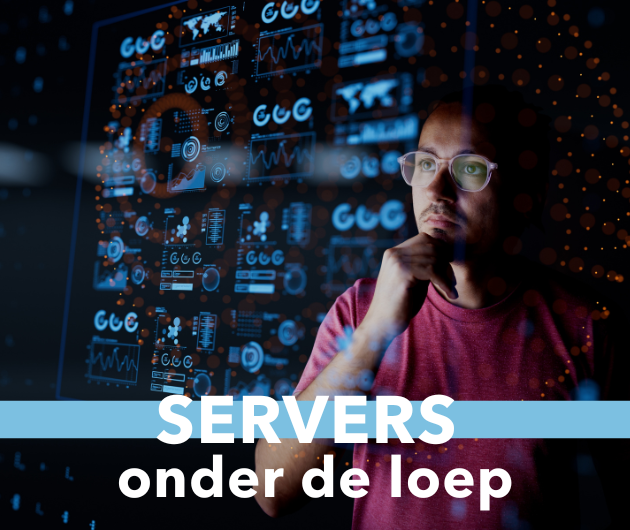We always hoped that as it matured, IT would become simpler, but it hasn’t. Perhaps it never will get simple, but it surely can get simpler!
There are many reasons for this, the most obvious one being the rate of development of the core technologies such as processor power and storage capacity, which inevitably defines that what we are doing today is already obsolescent. This we have to accept, the implication being that we must be more flexible. Whether we like it or not we have increasingly got to support open systems and standards and minimise proprietary systems. In this respect we have made some progress in recent years because of the impact of the Internet on corporate business systems. This has forced even the biggest organisations to look outside their own systems and to work towards cooperation with other organisations and individuals.
However, while the Internet has generated an impressive range of standards in a short time period, it is anything but a total solution. These standards must be adopted wherever possible but they will have to work alongside other, older, technologies and systems for the foreseeable future. Thus while Microsoft’s .NET and the Java alternatives support the new standards such as Web Services, the net result is still a proprietary system, far from ideal, but a fact of life. Further while we all like some new, modern applications we are all having to live with the established “legacy systems” Many of these systems are in fact very good and it makes no sense to replace them (“if it ain’t broke, don’t fix it”). This therefore makes the integration of the old with the new a key feature. This can be a part of the new systems, but that will only lead to future problems as those systems are new today, legacy tomorrow. The only practical solution is to invest in an application neutral integration framework. This is not totally devoid of problems, because the framework itself becomes an integral part of the overall business system and could eventually become the legacy problem. However this is preferable to a framework tied to an application and is the best option.
While the Web has emphasised the need to build cooperative systems, it has exposed the perennial problem in most organisations in that their own internal systems don’t work together all that well! This is an ideal opportunity to exploit the technologies invented to serve the Internet to improve internal systems as well. Indeed we need to be considering cooperation of all systems, both internal and external. An appropriate independent framework will significantly help with mergers and acquisitions as well as migration to new systems and services.
This however is still only an IT biased approach and these changes are an opportunity to create a solution to that other seemingly unsolvable problem, integration of IT and business systems design. The new systems biased towards integration need to take in data processing, office, Internet and any other appropriate systems, in other words a total Business Network. This inevitably places even greater emphasis on an independent technical framework and standards. Some of these systems are real-time, transaction oriented, many are batch based, some document and text based, and others are manual. It should be evident then that the framework to handle this mixture of sub-systems must be message based and not connection oriented; workflow management is a key feature. This does not mean that connection oriented technologies such as SOAP, ODBC, etc. are of no value, quite the opposite in fact, but they are relevant to specific sub-systems and not to an integration framework.< BR>
Martin Healey, pioneer development Intel-based computers en c/s-architecture. Director of a number of IT specialist companies and an Emeritus Professor of the University of Wales.








